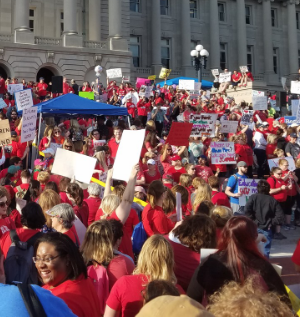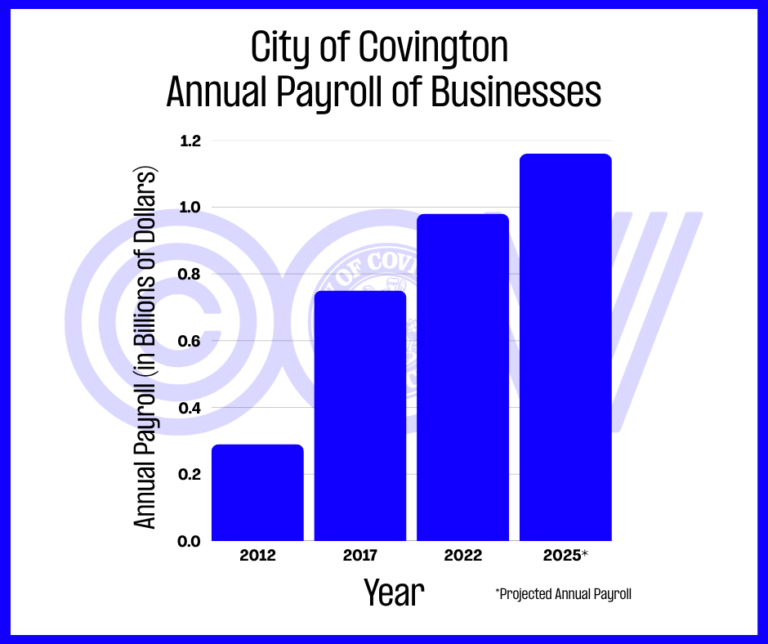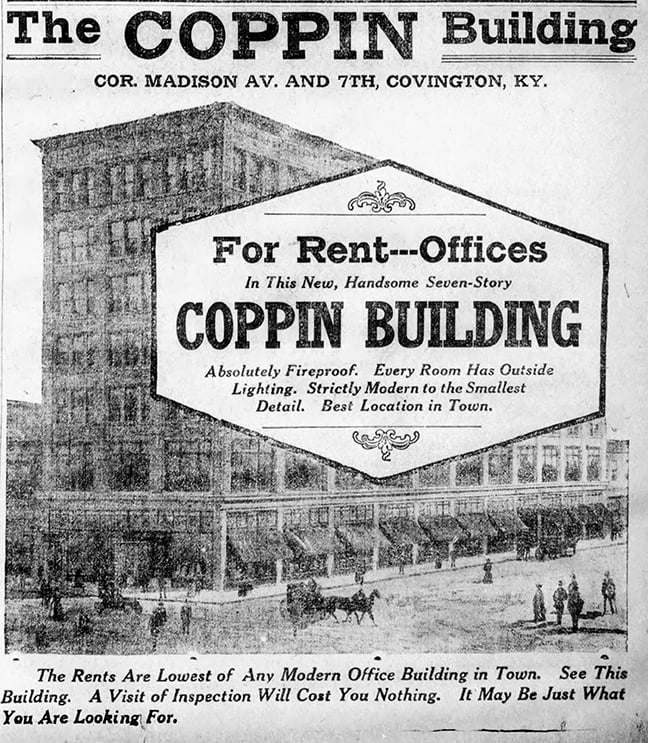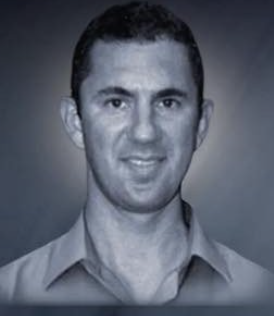By Tom Latek
Kentucky Today
Kentucky’s public pension woes aren’t unique in the United States, but a new PBS documentary that aired on stations across the country, including KET, focused much of its time on the public pension crisis in Kentucky, which led to teachers, state workers and others to hold rallies at the Capitol.
Around half of all states don’t have enough money to pay for the benefits they’ve promised to government workers, and the total shortage adds up to trillions of dollars.
The Pension Gamble, the latest in the PBS documentary series “FRONTLINE,” looked at who is responsible and what is at stake for the country’s teachers, police, firefighters and other public employees.
In the documentary, producers Marcela Gaviria and Nick Verbitsky and correspondent Martin Smith trace how state governments have withheld pension contributions to cover shortfalls and by waging risky bets on Wall Street.

“This is a story about having your retirement, that you thought was secure, go south — and it’s a story that impacts millions of Americans,” said Smith, who with Gaviria previously investigated another element of retirement in America, the 401(k) industry, in 2013’s The Retirement Gamble.
In The Pension Gamble, Smith goes inside the volatile fight over pensions playing out in Kentucky, whose once-flush pension system for its police, firefighters, teachers, and other public workers is now among the worst-funded in the nation, with tens of billions of dollars in unfunded liability.
During an interview for FRONTLINE, Gov. Matt Bevin said the fight has broader consequences for public employees everywhere: “What is Kentucky’s problem is New Jersey’s problem, is Illinois’s problem, is Connecticut’s problem, is California’s problem. This is a crisis of epic proportion in the United States of America. And it’s time we wake up and address it.”
The documentary says starting around 2000, a series of Kentucky politicians, reluctant to raise taxes, began to divert pension savings to pay their bills and fund other projects.
The shortfall grew after the 2008 financial crisis, and Kentucky’s public pensions decided that to dig out from under, they would invest in some of Wall Street’s more exotic and risky investment vehicles, like hedge funds.
State pensions have been a major recruiting draw for public employees, who argue they are often underpaid in terms of salary but are offered financial security via a guaranteed pension later, in their retirement years.
“When you look at public servants, your teachers, your cops, your firefighters, the pension represents our promise to them, and also an acknowledgement that we might not be able to pay you what you’re worth right now, but we’re going to be there for you on the back-end,” Sen. Morgan McGarvey, D-Louisville, told FRONTLINE.
Now, as Bevin moves to stop shorting the pension system, including offering new hires a 401(k)-style system rather than a guaranteed pension plan, and increasing the pension contributions made by existing workers, and makes inflammatory comments about the state’s teachers, some public employees fear that promises made to them will be broken.
“Many of us teachers are working paycheck to paycheck, trying to make ends meet,” said public school teacher Christina Frederick-Trosper. “I have no savings. So, my pension is everything. Without that, I won’t survive.”
Pension reform legislation known as Senate Bill 151, backed by Governor Bevin but ruled unconstitutional by Franklin Circuit Judge Phillip Shepherd, is now in the hands of the Kentucky Supreme Court, after the Justices heard oral arguments on Sept. 20.
A ruling is expected to be handed down by the end of the year.
View the Frontline program here, on KET’s website.





















